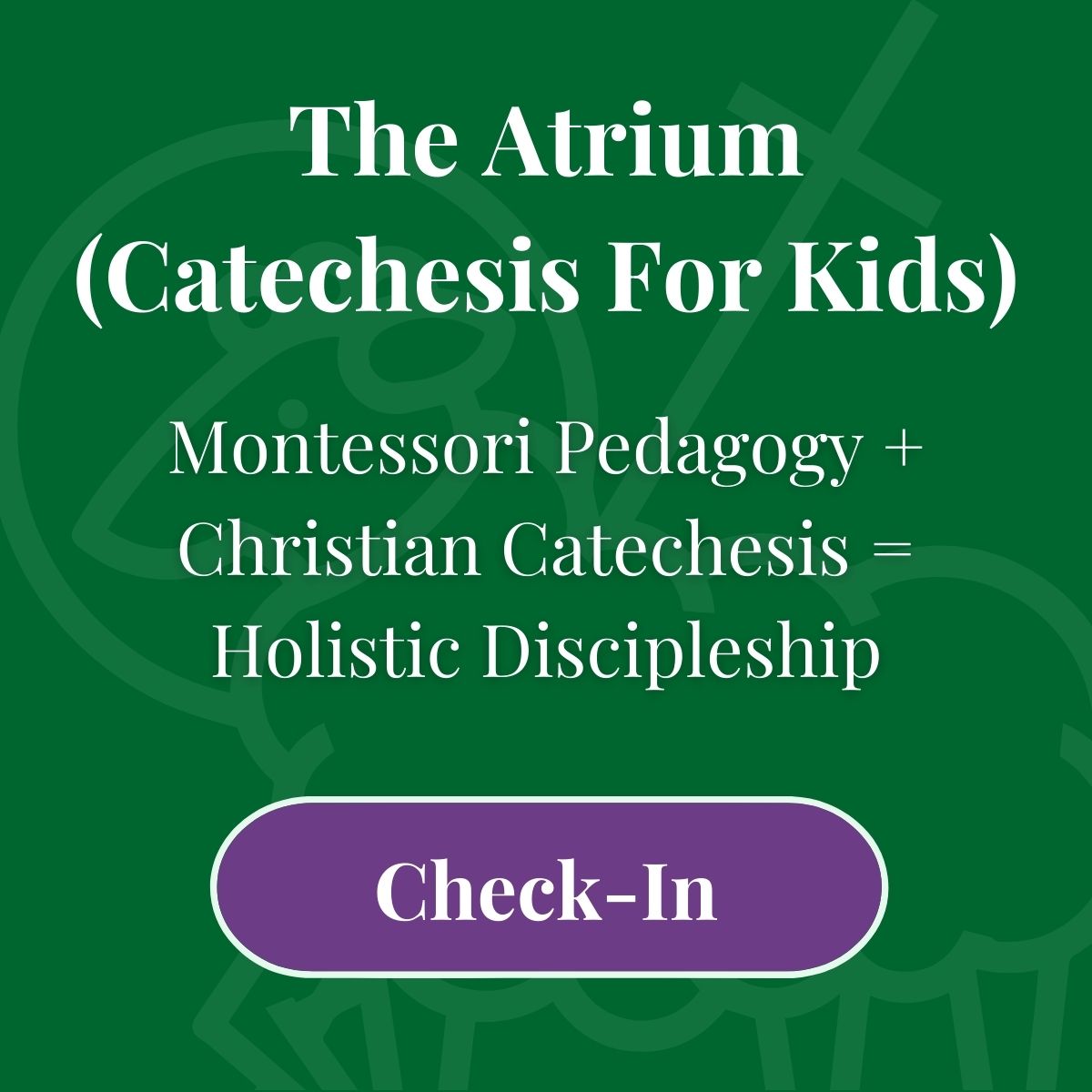Welcome To All Saints
Whether you are visiting, new to the community, or searching for a church home, you will find All Saints to be an engaging congregation that loves to worship God in the Anglican tradition. We invite you to join us as we meet with our Lord Jesus in Word, Sacrament, and transcendent Worship. (Our rector, Father Isaac Rehberg)
The Anglican Way
Ancient Faith
We hold to the same faith, practice, and doctrine that nourished the earliest Christians.
Transcendent Worship
We worship according to the ancient rhythms and liturgical patterns of the historic Church.
Classical Formation
We form disciples holistically in community through practice of timeless spiritual disciplines.
Join Us As We Worship Our King
Worship Schedule
11122 Link Drive, San Antonio, TX 78213
Sunday
Holy Communion ✝ 9:00 AM
The Atrium (Kids) ✝ 9:00 AM
Adult Catechesis ✝ 10:30 AM
Holy Communion (Choral) ✝ 11:15 AM
Wednesday
The Atrium (Kids) ✝ 9:15 AM
Matins (Morning Prayer) ✝ 9:30 AM
Evensong (Evening Prayer) ✝ 6:00 PM
ICE STORM UPDATE (01/25/2026 - Final)
All services are now canceled, as Fr. Isaac is cannot get into his car due to the ice.
The Annual Meeting and Women's Bible Study Brunch have been postponed until next weekend (1/31-2/1).
Please be safe if choosing to drive!

Click for more info







Waters of Sanctification: A Homily for the 2nd Sunday After the Epiphany
Text: Mark 1:1-13
From the 11:15 Service on 01/18/2026

Worship and Wisdom: A Homily for the Sunday Following Epiphany
Texts: Matthew 2, Ephesians 3
From the 11:15 Service on 01/11/2026
The Old Testament Wisdom Literature 2.6 - Praise and Warning (Psalm 95)
We conclude our survey of individual Psalms with the Venite, Psalm 95. We discuss its Old Testament allusions, how it is used by the New Testament in an allusion, and some liturgical matters.
Adult Catechesis 01/08/2026

The Old Testament Wisdom Literature
A Discussion of the Books of Job, Psalms, Proverbs, Ecclesiastes, and Song of Songs
Our Current Christian Education Series
Connect
11122 Link Drive
San Antonio, TX 78213
210-975-3234
Explore
Find
Copyright © 2026 | Powered by  churchtrac
churchtrac


